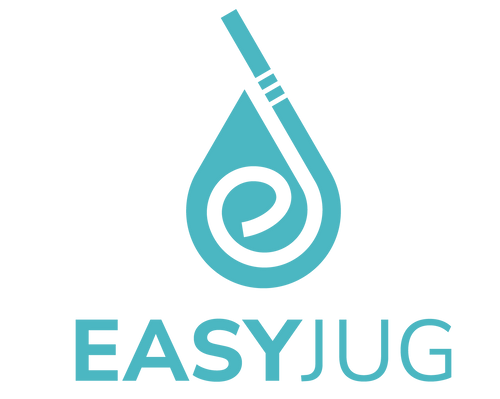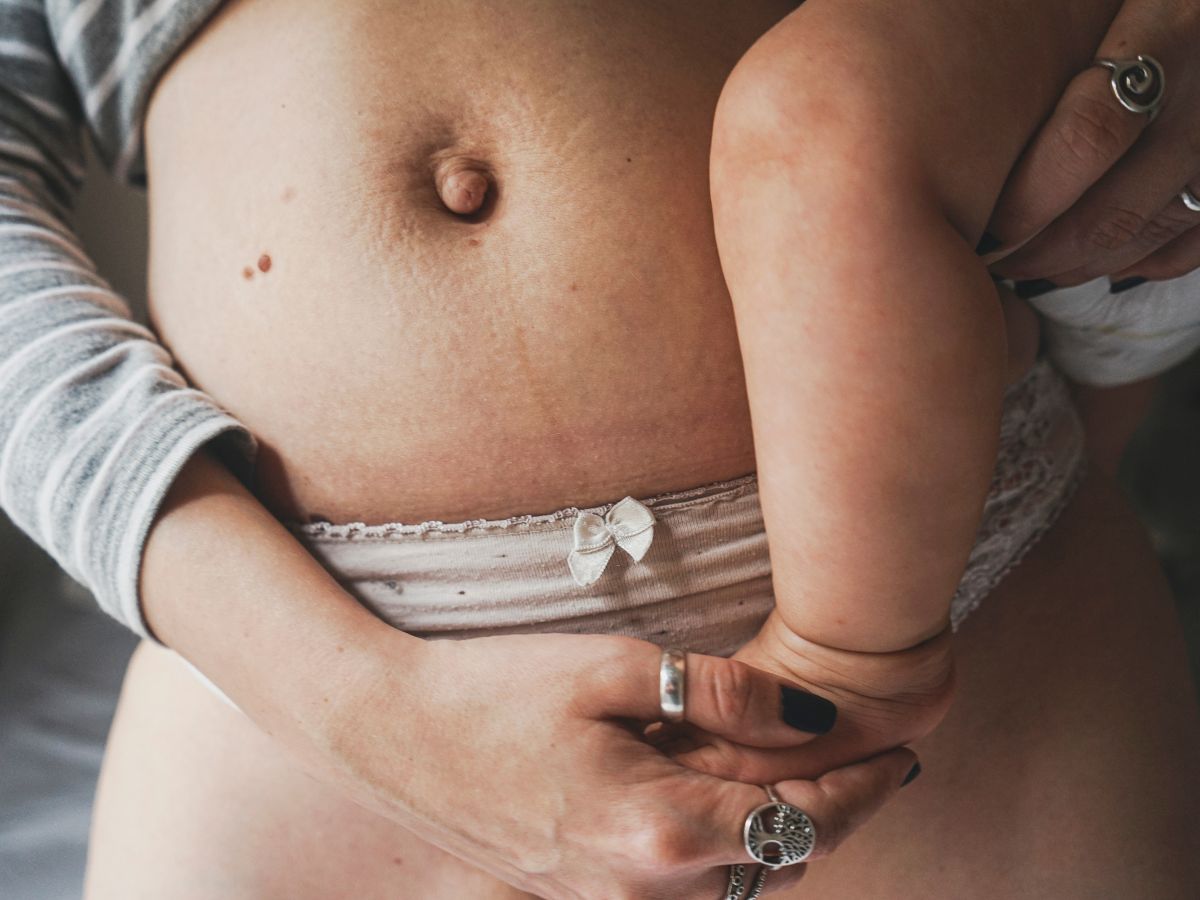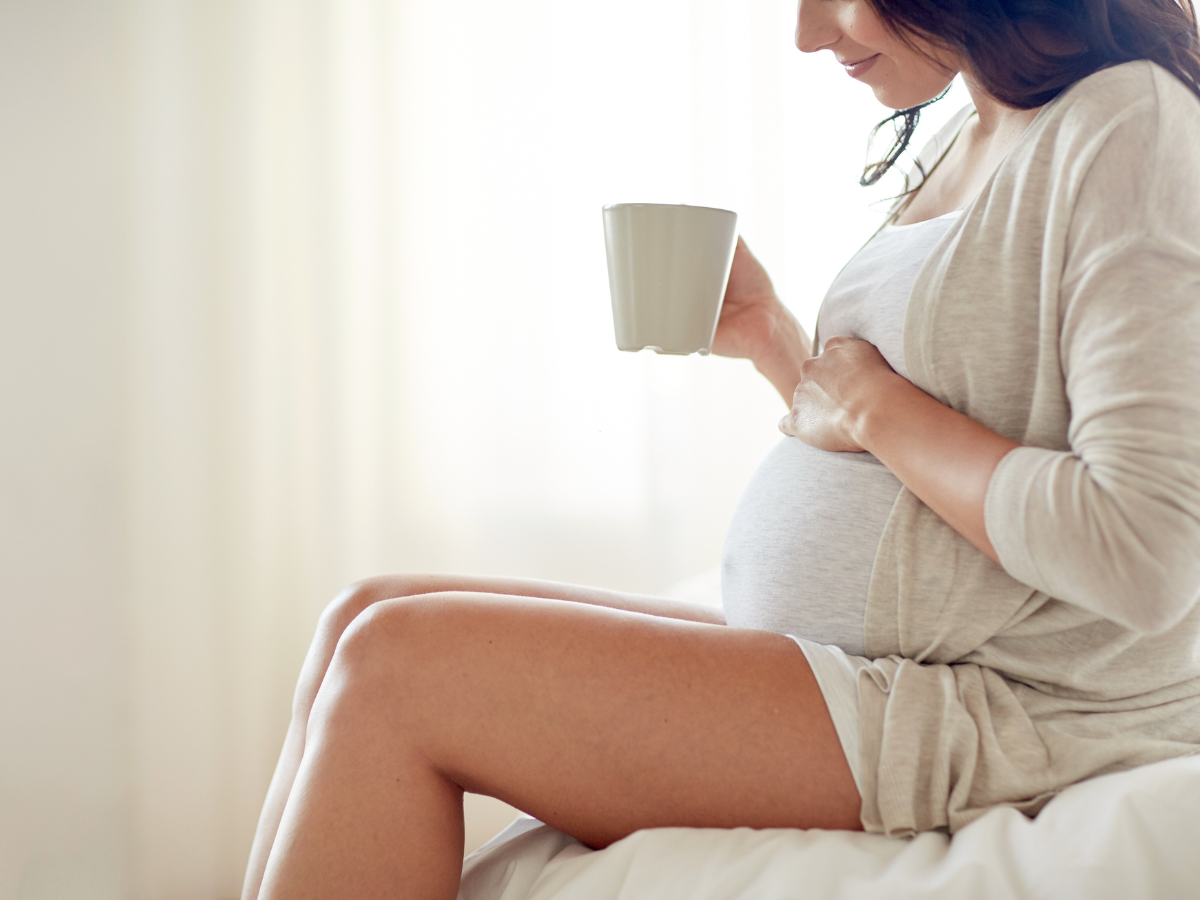Navigating the postpartum period can be challenging, especially when dealing with common issues like constipation. Postpartum constipation is a frequent concern among new moms, often causing discomfort and stress during an already demanding time. So, how long does postpartum constipation last, and what can you do to find relief? Let’s explore this together.
Causes of Postpartum Constipation
Postpartum constipation can vary in duration, typically lasting from a few days to a few weeks after delivery. Several factors contribute to this condition, including hormonal changes, dietary habits, and the physical strain of childbirth.
-
Hormonal Changes: The fluctuation in hormone levels after childbirth can slow down your digestive system, leading to infrequent bowel movements.
- During pregnancy, progesterone levels are high to help maintain the pregnancy. Progesterone has a relaxing effect on smooth muscle tissue, including the muscles of the digestive tract. After childbirth, progesterone levels drop significantly. This sudden decrease can lead to a temporary slowdown in the digestive system, resulting in infrequent bowel movements and constipation.
- Estrogen levels also fluctuate after childbirth. While estrogen is primarily known for its role in regulating the menstrual cycle and supporting pregnancy, it also influences gastrointestinal motility. Lower estrogen levels can contribute to slower bowel movements, making it more difficult to pass stools regularly.
- Hormonal changes can affect your body’s fluid balance. Estrogen and progesterone influence the retention and distribution of water in your body. After childbirth, the shift in hormone levels can lead to changes in fluid retention, which can impact stool consistency. Decreased fluid retention may result in harder, more difficult-to-pass stools.
- The postpartum period can be a stressful time, both physically and emotionally. Stress can lead to increased levels of cortisol, a hormone that can further slow down digestion. High cortisol levels can exacerbate constipation, especially when combined with the physical stress of childbirth and the demands of caring for a newborn.
- Pain Medications: Post-delivery pain medications, especially opioids, can cause severe constipation.
- Diet and Hydration: Inadequate dietary fiber, insufficient water intake, and low physical activity can all impact bowel function.

How Long Does Postpartum Constipation Last After Birth?
Postpartum constipation is a common issue for new mothers, and the duration can vary widely depending on several factors. Typically, postpartum constipation lasts from a few days to a few weeks after giving birth. Understanding the factors that influence its duration can help you manage and alleviate discomfort more effectively.
Factors Affecting the Duration of Postpartum Constipation
-
Type of Delivery:
- Vaginal Birth: For mothers who had a vaginal delivery, constipation may be influenced by the strain on the pelvic floor muscles and any perineal trauma or stitches, which can make bowel movements more painful and difficult.
- Cesarean Delivery: For those who underwent a cesarean section, the use of pain medications, reduced mobility, and the effects of anesthesia can all contribute to longer-lasting constipation.
-
Pain Medications:
- Pain relief medications, particularly opioids prescribed post-delivery, can significantly slow down the digestive system, leading to constipation. The duration of constipation may extend as long as these medications are being taken.
-
Diet and Hydration:
- A diet low in dietary fiber and inadequate water intake can prolong constipation. Ensuring you consume high-fiber foods, such as whole grains, fresh fruits, and vegetables, and drink plenty of water can help shorten the duration of constipation.
-
Physical Activity:
- Limited physical activity post-delivery can slow down bowel movements. Gentle exercises, such as walking and pelvic floor exercises, can help stimulate the digestive system and reduce the duration of constipation.
-
Hormonal Changes:
- The hormonal shifts after childbirth can slow down your digestive system. As your hormone levels gradually stabilize, you may notice an improvement in bowel function.
-
Stress and Fatigue:
-
The stress and fatigue of caring for a newborn can impact your digestive health. Stress management techniques and ensuring adequate rest can help improve your overall well-being and digestive function.
-

Tips for Managing Postpartum Constipation
Here are some practical and supportive tips to help manage and alleviate postpartum constipation:
- Increase Dietary Fiber: Incorporate high-fiber foods into your diet, such as fresh fruits, whole grains, and green vegetables. These can help soften stools and promote regular bowel movements. Enjoy foods like brown rice, whole grain cereals, and even prune juice.
- Stay Hydrated: Drink plenty of water. A general rule of thumb is to drink half your body weight in fluid ounces of water daily to keep your digestive system moving smoothly. Use a water bottle like EasyJug to stay hydrated effortlessly.
- Physical Activity: Gentle exercises, such as walking or pelvic floor exercises, can stimulate bowel function and help reduce constipation.
- Warm Liquids: Consuming warm liquids like herbal tea can be soothing and help improve bowel movements.
- Stool Softeners: If necessary, consult your healthcare provider about using stool softeners to ease the passage of stools.
Hydration for Postpartum Constipation: Essential Tips for New Moms
Hydration plays a crucial role in managing postpartum constipation, ensuring your body functions smoothly during this critical recovery phase. Drinking lots of water is one of the best things you can do to prevent and relieve constipation after giving birth. Here's how staying hydrated can help, along with some practical tips for new moms.
The Importance of Water in Postpartum Recovery
Water is essential for keeping your digestive tract moving, which is particularly important after childbirth. Whether you had a vaginal delivery or a cesarean section, your body needs plenty of fluids to recover and maintain regular bowel habits.
- Preventing Hard Stools: Drinking plenty of water helps soften stools, making them easier to pass. This is especially important after your first postpartum bowel movement, which can be daunting for new mums.
- Supporting Digestive Health: Adequate hydration ensures that your digestive system operates efficiently, reducing the risk of chronic constipation. It's a simple but effective way to maintain regular postpartum bowel movements.
- Aiding in Nutrient Absorption: Water helps your body absorb nutrients from high fiber foods and wholegrain cereals, which are essential for postpartum recovery.
Practical Hydration Tips
Here are some practical and supportive tips to help you stay hydrated:
- Drink Water Regularly: Make it a habit to drink water throughout the day. Keeping a water bottle, like those offered by EasyJug, within reach can remind you to sip often.
- Consume Warm Liquids: Warm water and herbal teas can be soothing and help stimulate bowel movements. Warm liquids are particularly beneficial if you're dealing with postpartum diarrhea or have a sensitive perineal area.
- Incorporate High-Water Content Foods: Fresh fruits and vegetables with high water content, like cucumbers and watermelon, can contribute to your daily fluid intake.
- Monitor Your Intake: A good rule of thumb is drink half your body weight in fluid ounces of water. If you're breastfeeding, you might need even more to support milk production and compensate for fluid loss.
- Stool Softener if Needed: Consult your healthcare provider about stool softeners if you're experiencing hard stools despite staying hydrated. They can provide relief without the side effects associated with stimulant laxatives.

Addressing Common Postpartum Hydration Challenges
New mothers often face unique challenges that can affect their hydration levels:
- Lack of Sleep: Fatigue can make it easy to forget to drink water. Keeping a water bottle by your bed and drinking a glass of water first thing in the morning can help.
- Physical Discomfort: If you experience perineal pain or discomfort from a severe tear, sitting down to drink might be challenging. Use a sitz bath with warm water to soothe the area and hydrate in a comfortable position.
- Busy Schedules: New parents often juggle multiple tasks. Integrate hydration into your routine by drinking a glass of water before and after breastfeeding sessions.
Introducing EasyJug: Simplifying Hydration for Postpartum Moms
Staying hydrated is crucial for new mothers, especially during the postpartum period. However, managing hydration can be challenging when you're constantly tending to your newborn. That's where EasyJug comes in – a thoughtfully designed 2.2L breastfeeding water bottle with a long straw that makes drinking water effortless, even in the most demanding situations.
Why EasyJug is Essential for Postpartum Hydration
EasyJug is more than just a water bottle; it’s a hydration solution tailored specifically for breastfeeding mothers. Here’s how EasyJug can make a difference in your postpartum journey:
-
Convenient Hands-Free Hydration: The 47-inch straw allows you to hydrate hands-free in any breastfeeding position, including lying down. Whether you're sitting up, reclined, or in the side-lying position, EasyJug ensures you can drink comfortably without having to adjust your position.
-
Perfect for Hospital and Home: Pack EasyJug in your hospital bag to stay hydrated post-delivery when it may be uncomfortable to move or sit up. At home, keep EasyJug at your nursing station to ensure you have easy access to water, especially when your hands are full holding your baby.
-
Ideal for Night Feeds: Late-night feeding sessions can leave you feeling parched. Keep EasyJug by your bedside to hydrate easily while nursing in bed. The long straw allows you to sip water without disturbing your baby or needing to sit up.
-
Leak-Proof Design: After you're done drinking, simply clip the straw on top of the lid to prevent leakage. This feature ensures that you can keep EasyJug wherever you need it without worrying about spills.
-
Promotes Healthy Habits: By making hydration effortless, EasyJug supports your overall well-being and recovery. Staying hydrated is essential for milk production, managing postpartum constipation, and maintaining energy levels.
How EasyJug Supports Your Postpartum Needs
- Ease of Use: EasyJug is designed to be user-friendly, ensuring you can focus on your baby without neglecting your hydration needs.
- Versatile Hydration: Whether you’re nursing, resting, or on-the-go, EasyJug’s long straw and large capacity ensure you stay hydrated throughout the day.
- Encourages Regular Water Intake: The convenience of EasyJug encourages you to drink more water, helping to prevent common postpartum issues such as hard stools and chronic constipation.

When to Seek Help
If you're struggling with severe constipation or other digestive issues despite staying hydrated, it's a good idea to consult a physical therapist or your healthcare provider. They can offer tailored advice and recommend treatments such as mild laxatives or dietary adjustments.
While postpartum constipation is often manageable with lifestyle adjustments, it’s essential to consult a healthcare provider if you experience severe constipation, abdominal pain, or fecal incontinence. These could be signs of a more serious issue that requires medical attention.
Conclusion
Navigating the postpartum period can be challenging, especially when dealing with common issues like constipation. Understanding the causes and duration of postpartum constipation, along with practical tips for managing it, can provide much-needed relief during this demanding time. Staying hydrated is one of the simplest yet most effective ways to prevent and alleviate constipation, and EasyJug is designed to make this easier for new mothers. By ensuring you have easy access to water, whether you're at home, in the hospital, or during late-night feeds, EasyJug helps promote healthy hydration habits, supports milk production, and aids in your overall recovery. Remember, taking care of your hydration needs is essential for your well-being and your ability to care for your growing baby. For more tips and hydration solutions, explore EasyJug’s range of products designed to meet the unique needs of new mothers.
Community & Support
We know the beautiful chaos of motherhood – the endless feedings, diaper changes, and sleepless nights. Amidst all this love and care, it's easy to forget about your own well-being. That's where EasyJug steps in – to make hydration a breeze for you.
Join our community of nurturing mothers and prioritize your health with EasyJug. Sign up now to receive exclusive tips on staying hydrated during your breastfeeding journey, along with special offers just for you.
Because when you take care of yourself, you can give your little one the best version of you. Let's hydrate together and thrive as moms!
Sign up today and get 10% off your first purchase!




